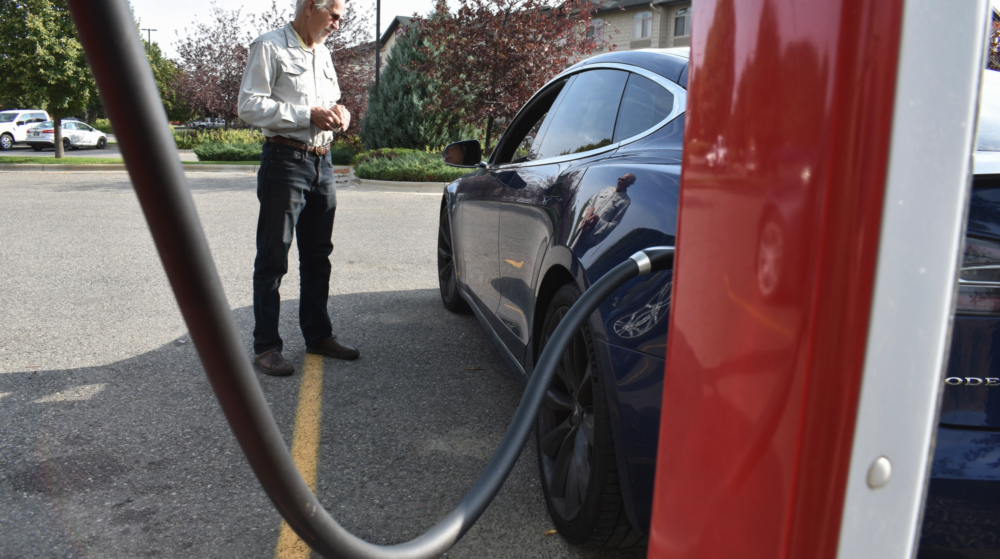EV Buyer Insights Reveal Interesting Results, Private Sector Will Be Needed For EV Infrastructure
Premium EV buyer interest is progressively reaching a lower age, and private sector incentives are needed to drive infrastructure forward.
Insights into consumer behavior is always a valuable resource for car makers. After all, the general rule is to make what the public wants. A study conducted by EV brand Aehra and a marketing agency Savanta has revealed that buyers of premium EVs are younger than initially thought, and equally spread among gender demographics.
One important question was used. “The next time you purchase a vehicle, how likely are you to seriously consider purchasing an electric vehicle?” Responses showed Millenials to be the demographic with highest interest, at 61%. Male and female responses were almost identical, with 53% and 51% respectively replying with interest in a premium EV purchase.
Now, the responses may be different for entry level EV cars. Premium EV’s didn’t quite connect with Gen-Z (age 18-25), as only 44% responded with interest. These younger buyers might be interested in EV cars, but maybe not from a premium brand just yet.
Infrastructure for EV’s is ramping up, but implementing it will need an all-hands-on-deck approach.
With recent news that EV infrastructure is getting several billion dollars worth of government subsidy, one would think that building the new network would be smooth sailing. That might not be the case according to The Hill. Senator David Waters – a former chair on the Commission on Electric Vehicle Infrastructure – writes that he’s worried that utility companies will monopolize the market. Not in such a way that they will do all of the installation of EV charging stations, but instead that utilities will charge small businesses with demand charges.
For instance if a small rural town has a fast charger installed, the private company that installed the unit to serve their community would potentially face demand charges. This would significantly lengthen the return on investment if anyone were to charge at typical peak hours. And given rural areas are on the way to a destination, these charging stations would almost be guaranteed to see usage at peak hours.
Allowing private sector investment in EV infrastructure without these demand charges would incentivise an even broader network of charging stations throughout the US. Otherwise, it will be utility companies that continue to have a monopoly on what stations get the charges, and which do not. There’s potential for unfair insider deals there, too. As we reported previously, BP Pulse is working with Hertz on charging locations, and any contracted deals would like have the words “demand charges” specifically outlined in the fine print.
Join the Electric Vehicle forums now!
Photos courtesy of The Hill, Aehra


